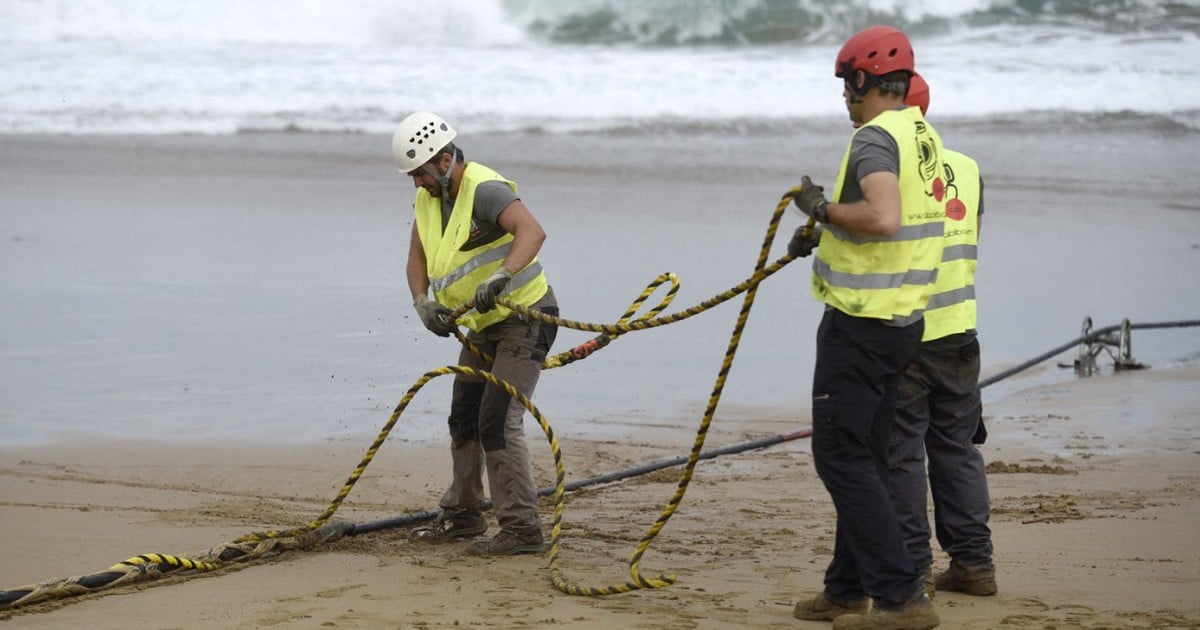On May 21, South African health officials announced a cholera outbreak in Gauteng province - home to the administrative capital Pretoria and the country's largest city Johannesburg - killing 10 people. In light of the situation, South African authorities have called on people to "be more cautious".
According to the Gauteng provincial health department, since May 15, 95 people have presented to local hospitals with cholera symptoms such as diarrhea, abdominal pain and nausea. Test results have shown at least 19 cases of cholera, of which 10 have died, including one child and nine adults. Meanwhile, 37 people are still being treated.
Gauteng provincial authorities said they had deployed additional health workers to help respond to the cholera outbreak, which is concentrated in the Hammanskraal area north of the capital Pretoria. They urged people to avoid eating and contact with food, water sources and surfaces that are or are suspected of being contaminated with cholera bacteria, and to wash their hands thoroughly with soap before preparing food or after using the bathroom or toilet.
Previously, the Pretoria capital city government also asked people in Hammanskraal and surrounding areas not to drink water directly from the tap.
Cholera is an acute infectious disease caused by the bacterium Vibrio cholerae, transmitted through the digestive tract through contaminated food and water. This disease can cause death within hours if not treated.
Cholera is not endemic in South Africa, but the country has recorded a number of cases this year due to outbreaks in neighbouring Malawi and Mozambique, the two countries worst hit so far this year. It is unclear how many cases of cholera there are in South Africa, but Gauteng, the country's most populous province, has been the worst affected.
The most recent cholera outbreak in South Africa occurred in 2008-2009 when around 12,000 cases were recorded, following an outbreak in neighbouring Zimbabwe that led to a surge in imported cases and subsequent spread within the country.
The United Nations says cholera has returned to the world since 2021 after a decade of decline. The UN also warned this week that about 1 billion people in 43 countries are at risk of contracting the disease. The World Health Organization (WHO) blames the resurgence on rising global poverty, conflict and climate change.
Source


![[Photo] Overcoming all difficulties, speeding up construction progress of Hoa Binh Hydropower Plant Expansion Project](https://vstatic.vietnam.vn/vietnam/resource/IMAGE/2025/4/12/bff04b551e98484c84d74c8faa3526e0)



![[Photo] Closing of the 11th Conference of the 13th Central Committee of the Communist Party of Vietnam](https://vstatic.vietnam.vn/vietnam/resource/IMAGE/2025/4/12/114b57fe6e9b4814a5ddfacf6dfe5b7f)























































































Comment (0)